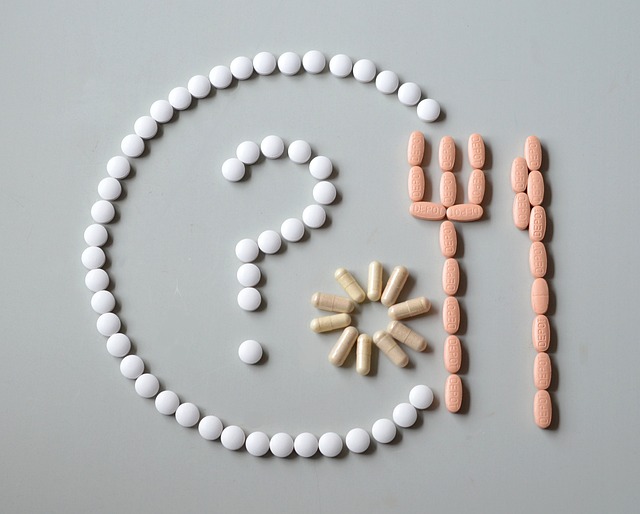
Vitamin B12 is a critical nutrient that helps with the function of major body systems. It is involved in the production of red blood cells, is important in energy production, and helps maintain a normally functioning nervous system. Vitamin B12 deficiency can lead to anemia, fatigue, weakness, numbness, tingling, and cognitive impairments. Permanent nerve damage is possible with B12 deficiency if it goes too long without being recognized. There are many medications that may impact B12 levels and I wanted to share my top 5 drugs that cause vitamin B12 deficiency. For more information on the interplay between medications and nutrients, you’ll definitely appreciate this resource on food medication interactions.
Proton Pump Inhibitors
Proton pump inhibitors are one of the most commonly used medications for heartburn, GERD, and other GI disorders. Their availability over-the-counter also increases the likelihood that patients will take this medication at some point in their lives. While short-term use isn’t incredibly concerning, many patients will take this medication for months to years. This longer-term use increases the risk for vitamin B12 deficiency and is one reason why need to continually assess the appropriateness of long-term medication and tackle polypharmacy. This is an excellent one to remember when it comes to pharmacology and board exams!
Metformin
Because of the frequency of use in the management of diabetes, metformin sits at number 2 in my top 5 drugs that cause vitamin B12 deficiency. The likely mechanism that causes the deficiency involves altering the gut absorption of ingested vitamin B12. It is important to note that one of the symptoms of B12 deficiency can be neuropathy which is also commonly associated with diabetes. Ensure that we assess vitamin B12 levels in patients who are taking metformin and who are displaying possible symptoms of deficiency. Here’s a polypharmacy med list from the past that you may enjoy.
H2 Blockers
Histamine 2 blockers “H2 blockers” are next on my list. The major available OTC medication in the United States is famotidine. I don’t see as much use of H2 blockers as I used to, but similar to PPIs they have been associated with vitamin B12 deficiency when used long-term.
Colchicine
Colchicine is a medication that can be used for the management of gout. This is the most common indication I see in my practice. It isn’t incredibly common for this medication to be used long-term, but I have seen it in rare instances. Long-term use can cause B12 deficiency as colchicine may impair the absorption of vitamin B12. Listen to more about the pharmacology of this medication on this podcast episode.
Alcohol
While not classically considered a medication, it is important to note that alcohol use is associated with vitamin B12 deficiency. We have many patients that can fit in this bucket which is why I put it on my top 5 list. I am typically not too concerned about casual use, but if you have a patient that is drinking chronically you need to make sure that the patient is receiving adequate supplementation and that levels are remaining within normal limits.
There you have it, my top 5 drugs that cause vitamin B12 deficiency. Do you have any others in your practice that you look out for?
Did you enjoy this blog post? Subscribers are emailed new blog posts TWICE per week! In addition, you’ll get access to the free giveaways below. Over 6,000 healthcare professionals have subscribed for our FREE Giveaways. Why haven’t you?!


